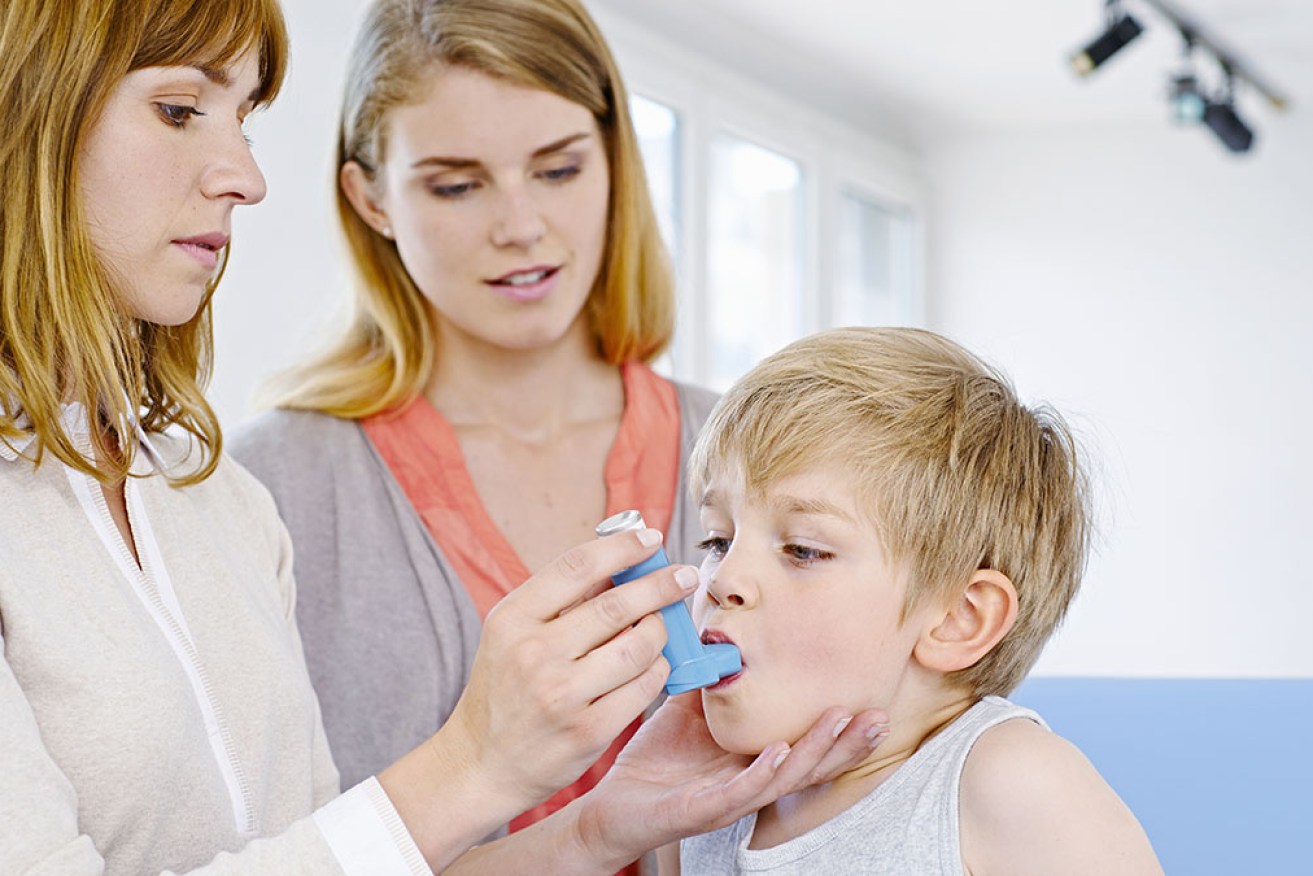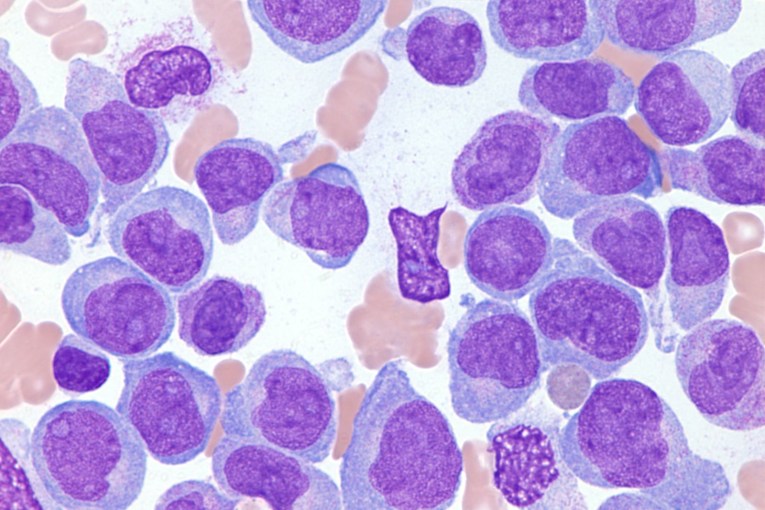Asthma deaths have fallen, but that’s no cause for complacency, experts warn


Photo: Getty
The number of Australians dying due to asthma has fallen over the past three years, but that’s no cause for complacency, a leading body has warned.
There has been a significant decrease in asthma-related deaths in Australian women between 2016 and 2018, new data from the Australian Bureau of Statistics (ABS) has revealed.
But the high number of deaths overall, and a stagnating death toll among men, is cause for continuing concern, the National Asthma Council Australia (NAC) said on Tuesday.
Figures show there were 389 asthma-related deaths recorded in Australia in 2018, comprising 250 females and 139 males, which signifies a decrease from 441 in 2017, and 457 in 2016.
Those aged 75 and over continue to account for nearly two-thirds of deaths (241 of 389), while deaths in children remain uncommon but can still occur – seven children lost their lives to asthma in 2018.
Adult women remain at the highest risk of dying from asthma, but there has been a large drop in deaths among that cohort – from 281 to 234 over the past three years.
The decline in deaths among adult women could be the result of a number of factors, NAC chief executive Siobhan Brophy said.
“We believe that increased awareness around asthma risks following the epidemic thunderstorm asthma event in Melbourne in 2016 have played a huge part in this reduction, as have innovations in severe asthma treatments which are improving peoples’ lives and health outcomes,” Ms Brophy said.
Thunderstorm asthma fears re-emerged last month, when people with asthma and other respiratory conditions were warned to prepare for potentially harmful, dusty conditions across South Australia.
SA Health acting chief medical officer Nicola Spurrier said the dust could cause flare-ups in people with known respiratory conditions, such as asthma or cardiac problems.
While severe asthma affects only about 3 to 10 per cent of the 2.5 million Australians with asthma, it can be life-threatening and deeply distressing for patients and their families, NAC spokesperson and GP Dr Ian Almond said.
“Severe asthma, which is asthma that requires regular treatment with intensive, high-dose medication, has a huge impact on people’s health, careers, families and daily lives,” he said.
“While it’s important that people who can benefit from new treatments are identified correctly, it’s just as important to ensure people understand what type of asthma they might have and how to properly manage their condition so they can live a life without asthma defining it.”
Asthma patients skipping treatment to cut costs
In June, research revealed the cost of asthma medicine is preventing many sufferers from taking prescribed treatments.
Half of all adults and a third of children are skipping or decreasing doses of preventative asthma medication due to out-of-pocket costs, the study, co-authored by Helen Reddel from the Woolcock Institute of Global Health, found.
“Although we have a Pharmaceutical Benefits Scheme, there’s still a patient contribution. And for around about 40 per cent of people with asthma, that can be up to $40 for a month of treatment,” Professor Reddel said.
“For people who have a concession card, it’s just over $6.”
Ms Brophy urged asthma sufferers to seek medical help if their symptoms aren’t under control.
“If your asthma treatment isn’t working for you, it may be because your asthma or allergies aren’t well controlled,” she said.
“Simply speaking to your doctor or pharmacists could give you the chance to get your life back on track and breathe better.”
The Global Allergy and Airways Patient Platform (GAAPP) provides an interactive online asthma checklist to help people define their asthma and recognise signs they need to talk to their doctor about.








